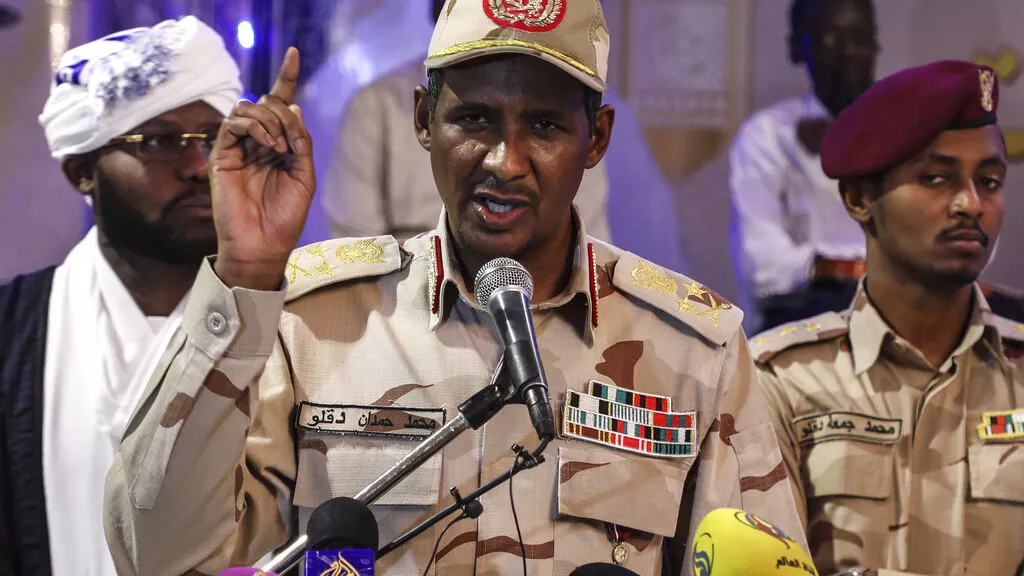RSF’s Role in Darfur Killings, UN Investigation Reveals
UN experts have reported widespread ethnic killings and rapes in West Darfur, Sudan, carried out by paramilitary forces and allied militias vying for power. The Arab-dominated Rapid Support Forces (RSF) have been implicated in brutal attacks against African civilians, particularly the Masalit ethnic group, leading to a potential escalation of war crimes and crimes against humanity. The conflict has caused a humanitarian crisis, displacing approximately 6.8 million people, and is described as the worst violence in Darfur since 2005.
The report to the United Nations Security Council highlights the RSF’s control over four of Darfur’s five states, facilitated by complex financial networks involving numerous companies. The ongoing conflict in Sudan intensified in April, stemming from tensions between the army and the RSF. The RSF, formerly Janjawid fighters created by Sudan’s former president, Omar al-Bashir, has faced accusations of committing war crimes and atrocities.
The panel of experts detailed the RSF’s disproportionate and indiscriminate attacks on civilians, including torture, rape, murder, and the destruction of essential infrastructure, constituting violations of the Geneva Conventions. The RSF’s takeover of Darfur reportedly relied on support from allied Arab communities, intricate financial networks, and new military supply lines through Chad, Libya, and South Sudan.
The report underscores the devastating impact on the Masalit and African communities, with racial slurs, looting, burning, and destruction of homes and medical facilities. Sexual violence, including rapes of women and girls as young as 14, was widespread, and prominent members of the Masalit community were targeted.
The complexity of the conflict, involving shifting alliances, extensive recruitment drives, and financial networks, poses challenges for addressing the humanitarian catastrophe. The US Ambassador to the UN, Linda Thomas-Greenfield, expressed deep disappointment over the lack of attention from the Security Council and the international community, urging urgent action to alleviate human suffering, hold those responsible accountable, and end the conflict in Sudan.













